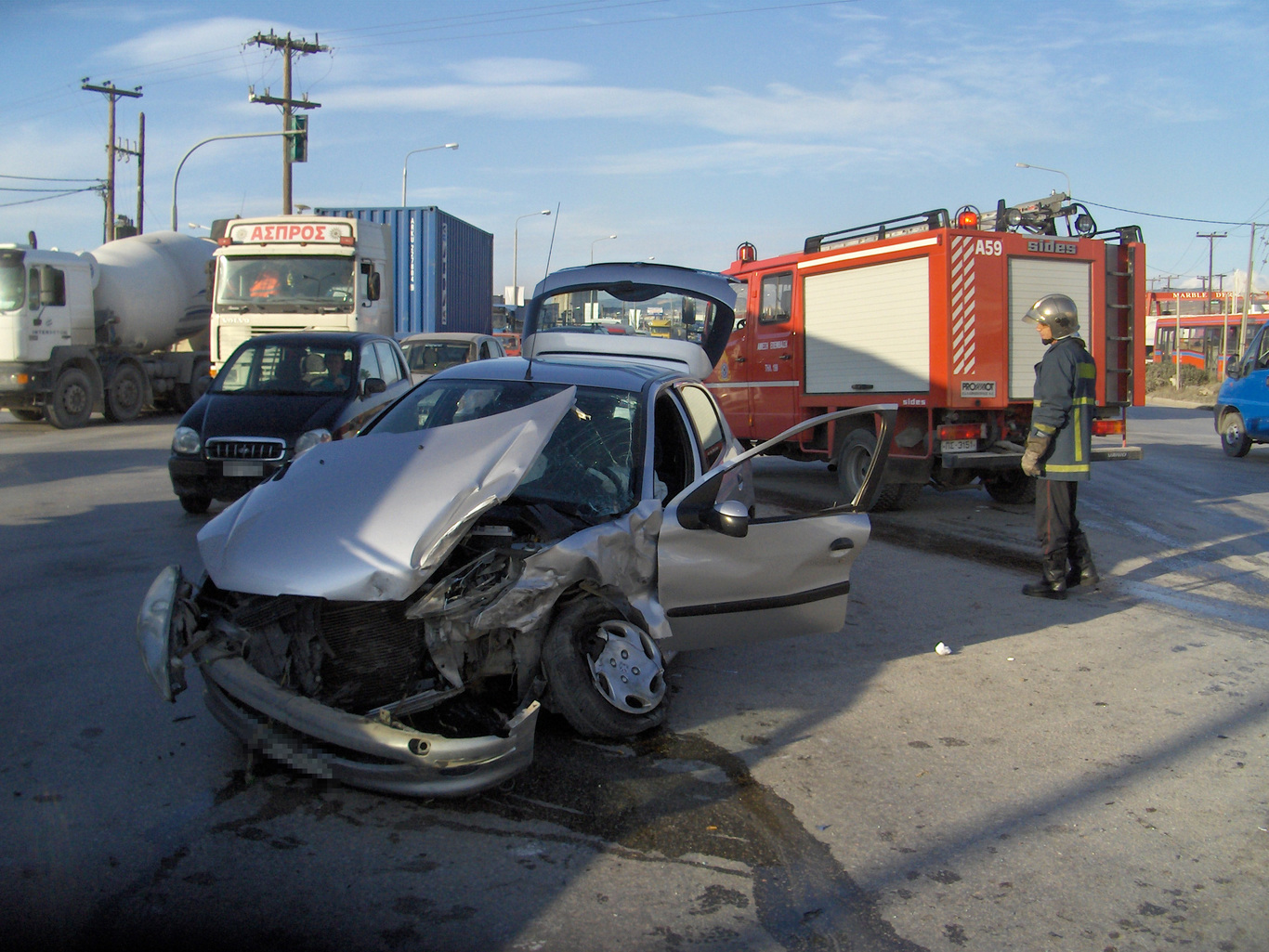Ireland's competition watchdog plans to crack down on the second-hand car industry
The Competition and Consumer Protection Commission said that it received complaints about sales of crashed cars.
IRELAND’S COMPETITION WATCHDOG is investigating dodgy dealings in the second-hand motor industry after receiving thousands of complaints last year.
In its inaugural annual report, the Competition and Consumer Protection Commission (CCPC) said that it received over 3,500 contacts from consumers relating to the industry.
It said that issues ranged from difficulties with deposits and financing “to potential car clocking and/or the selling of crashed cars”.
The state body said that a recent CCPC investigation resulted in an individual being prosecuted for misleading a consumer about the mileage of a car.
“A number of divisions across the CCPC are working together to ensure traders comply with relevant legislation and consumers are able to make better-informed purchasing decisions,” it said.
The CCPC, which was formed at the end of October 2014 following the amalgamation of the National Consumer Agency and the Competition Authority, also identified ‘bid rigging’ as another potential area of concern.
Cartels
An example of bid rigging would be where several parties bidding on a contract agree to let one provider win the first contract, a different one in the same group to win the second, and so on.
CCPC chairwoman Isolde Goggin said that the body’s experience in investigating cartels shows that bid rigging is one of the most common forms of the practise.
 The CCPC is investigating the second-hand car industry and 'bid rigging'
The CCPC is investigating the second-hand car industry and 'bid rigging'
“The rate of the overcharge related to detected cartels worldwide is estimated to be between 20-30%, meaning that if only 5% of procurement processes were subject to bid rigging, the extra cost to the Irish taxpayer would be in the region of €100m per year,” she said.
“To both detect and deter bid rigging, the CCPC is exploring the introduction of a screening programme for procurement processes which systematically searches for indications that bid rigging may have occurred.”
Throughout the year the body also assessed 88 company mergers, eight of which required either an extended phase-one investigation or a full phase-two investigation.
The watchdog did not formally block any deals during the year, although as previously highlighted by Fora that would not be uncommon based on past history.
Enforcement and staff
The CCPC also laid out the enforcement actions taken by the body during 2015, which included:
- 74 allegations of competition law breaches reviewed and two large-scale formal investigations opened.
- 33,818 products prevented from entering the market because of product safety concerns.
- 62 consumer enforcement actions against traders for breaches of consumer protection legislation.
Goggin added that the CCPC has been “bolstered by the commencement of a timely recruitment drive to fill long-standing vacancies”.
The CCPC’s annual report said that staff numbers continued to be a challenge during 2015 “particularly in light of the additional workload due to the amalgamation of the legacy organisations”.
However, it added that it received sanction to recruit 25 positions across various divisions and has begun to fill a number of vacancies.
As of the end of 2015 the CCPC had 86 staff.






